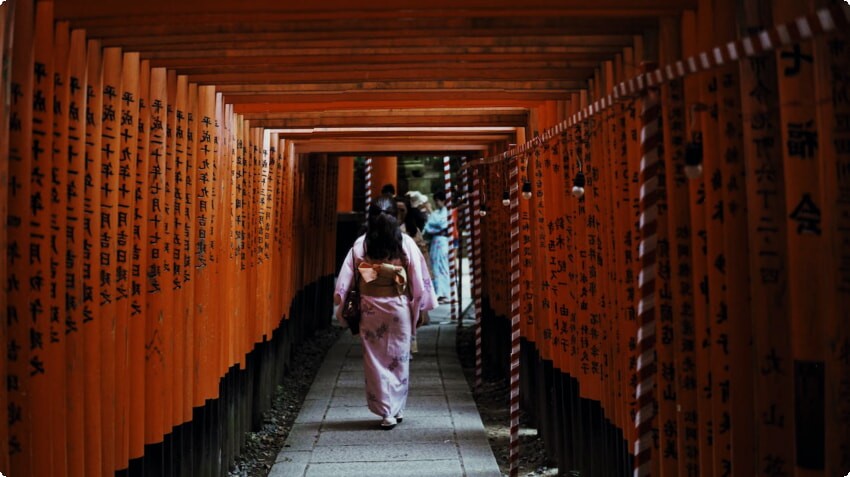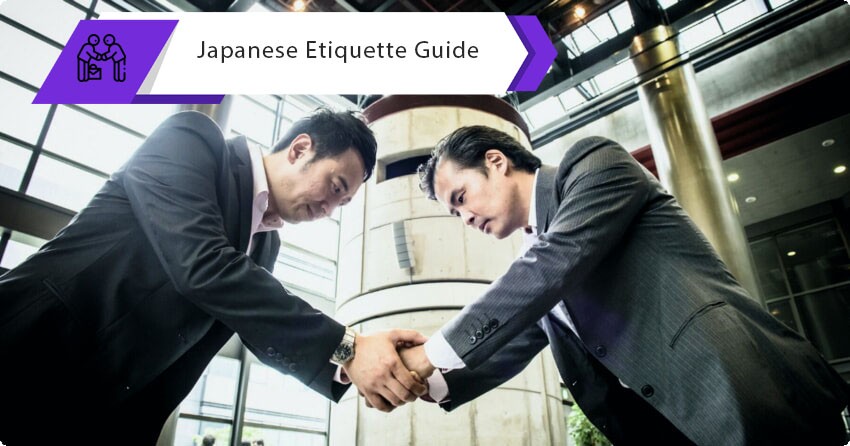Everything You Need To Know Before Moving To Japan

Moving to Japan can be an exciting and rewarding experience but it’s important to do your research before you make the big move. From understanding the culture and customs of Japan to finding a place to live and getting a job, there are many things you need to know before moving to Japan. It’s also important to understand the language as English is not widely spoken in Japan. You should also familiarize yourself with the cost of living in Japan as well as any visa requirements that may apply.
Learn about Japanese healthcare and transportation systems so you can plan accordingly. Don't forget about culture as well - it’s essential to understand the cultural norms of Japan so you can fit in with ease. Here you will find some guides and tips for living in Japan since by doing your research ahead of time you can ensure that your move is smooth and successful.
Cost of Living

The cost of living in Japan for expats can vary greatly depending on the city and lifestyle. Generally speaking Tokyo is one of the most expensive cities in the world with an average monthly rent for a one-bedroom apartment ranging from $1,000 to $2,500. Other expenses such as food, transportation and entertainment can also add up quickly. However, there are ways to save money while living in Japan.
For example, many expats opt to live outside of Tokyo and commute into the city for work or leisure activities as this can significantly reduce monthly rent costs. Taking advantage of local markets and discount stores can help you save money on groceries and other necessities. Learning about Japanese culture and customs can help you find discounts or free activities that you may not have known about otherwise.
Education System

Japan’s education system is highly regarded around the world for its quality and rigor. It is divided into three main levels: elementary school, junior high school and senior high school. Elementary school typically lasts six years - while junior and senior high schools last three years each. All students are required to attend school until they reach the age of 15. After that, they can choose to continue their studies at a university or vocational college. The Japanese education system places a strong emphasis on discipline and respect for authority figures. Students are expected to follow strict rules and regulations in order to maintain order in the classroom. They also have to wear uniforms and take part in regular physical activities such as sports or martial arts.
In addition to traditional academic subjects such as math, science, language arts and social studies, students also learn about Japanese culture and history through classes like calligraphy, tea ceremony, flower arrangement and kendo (Japanese fencing). For those moving to Japan from abroad, there are several international schools available that offer an English-language curriculum based on the standards of their home countries. These schools provide a great opportunity for expatriate children to continue their education without having to adjust too much to the Japanese system.
Job Opportunities

Japan is a great place to live and work offering a wide range of job opportunities for those who are willing to move there. The country has a strong economy and is home to some of the world’s leading companies making it an attractive destination for many people. There are plenty of jobs available in Japan - ranging from teaching English to working in finance or IT. Many international companies have offices in Japan so if you have experience in a particular field, you may be able to find employment with them.
There are many Japanese companies that offer internships and other short-term positions for foreigners. If you’re looking for something more permanent, there are also plenty of opportunities for skilled workers in various industries such as engineering, healthcare and hospitality. If you’re interested in starting your own business or freelancing, Japan is an excellent place to do so due to its low taxes and supportive government policies.
Language and Communication Challenges
Moving to Japan can be a daunting experience especially when it comes to language and communication. Japanese is a complex language with three writing systems – hiragana, katakana and kanji – which can make it difficult for newcomers to learn. The Japanese culture places a great emphasis on politeness and formality in communication which can be confusing for those who are not familiar with the customs.
To make the transition to Japanese culture smooth it is important to learn some basic phrases and understand the nuances of polite conversation. It also helps to practice speaking with native speakers as much as possible to become more familiar with the language. There are many resources on the internet to help you learn more about the Japanese language and culture. With patience and dedication you can expect to be speaking fluent Japanese in no time. This is a truly beautiful language with its own uniqueness and complexity.
Cultural Etiquette

Moving to Japan can seem overwhelming, especially if you’re not familiar with the culture and etiquette. It’s important to remember that Japan is a very traditional society so it’s important to be respectful of their customs and traditions. One of the most important things to remember is that bowing is an essential part of communication in Japan. When greeting someone it’s customary to bow slightly as a sign of respect. Different degrees of bowing show different levels of respect so it's crucial to learn these differences.
Furthermore, it’s important to take off your shoes when entering someone’s home or a temple. This is done out of respect for the cleanliness of the space. It’s also important to be aware of how you use chopsticks when eating. For example, never stick them upright in your food or pass food from one set of chopsticks to another – this is considered bad luck in Japanese culture. Remember that public displays of affection are frowned upon in Japan so keep any physical contact with your partner discreet and private. By following these cultural etiquette tips, you can ensure that you have a pleasant experience while living in Japan.
